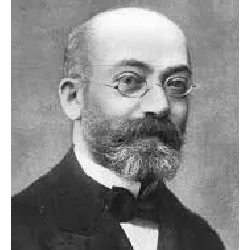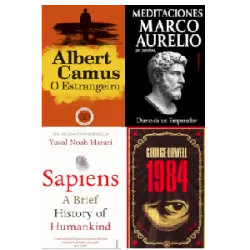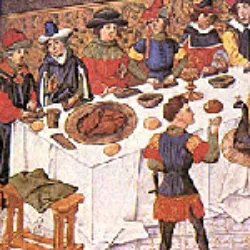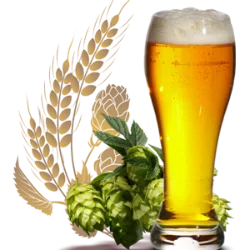The etymology of words

Etymology is the study of the origin and evolution of words over time. In Portuguese, many words have roots in Latin, since the language emerged from the Vulgar Latin spoken by the Romans. However, there are also influences from Arabic, Tupi, African and other European languages, making the Portuguese vocabulary extremely rich and diverse.
A curious example is the word "cachorro", which today means a dog, but originally referred to the offspring of any animal. It comes from the Latin catulus, while the correct word for "cão" was canis, which gave rise to the term "canino". "relógio" (clock) comes from the Latin horologium, derived from hora, indicating something related to time.
Arabic also left its mark on the language, especially during the Moorish occupation of the Iberian Peninsula. Words such as "algodão" (al-qutun) and "azeite" (az-zayt) come from this influence. Tupi, an indigenous language, brought terms such as "abacaxi", "pipoca" and "capivara", while African languages contributed words such as "cafuné" and "fubá".
Studying etymology reveals not only the evolution of the language, but also the history of the peoples and cultures that influenced Portuguese. With each word we speak, we carry a bit of the trajectory and changes that shaped the language over the centuries.
Did you know?













